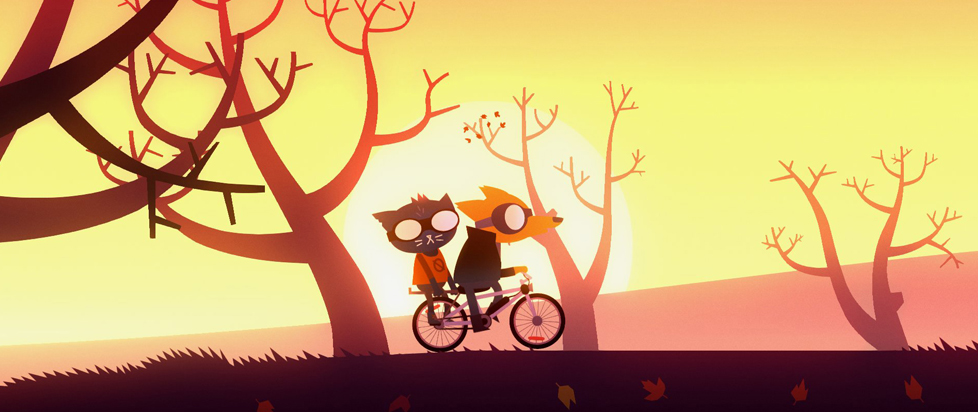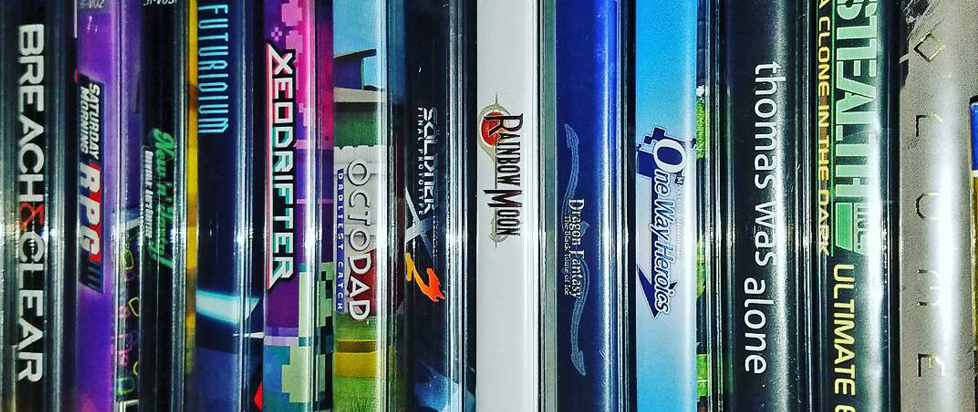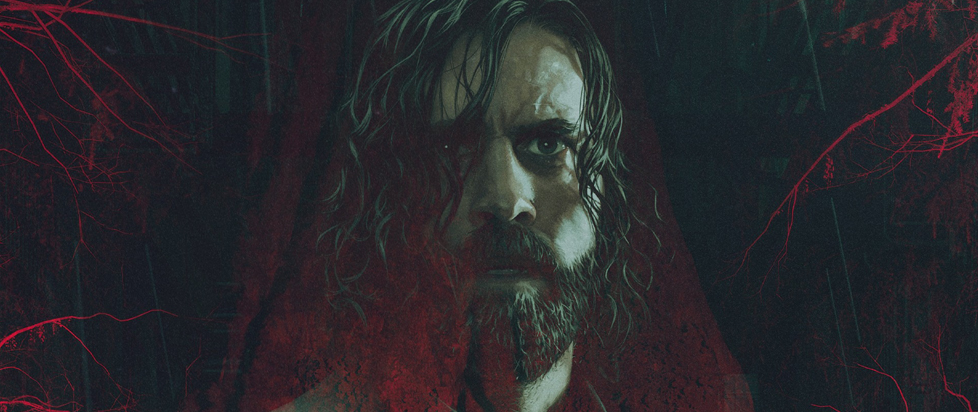
It’s Not a Loop, It’s a Spiral
This is a feature excerpt from Unwinnable Monthly #174. If you like what you see, grab the magazine for less than ten dollars, or subscribe and get all future magazines for half price.
———

“Every time I write, things only get worse.” – Alan Wake
In “On Being Ill,” Virginia Woolf argues for illness’s place as a major literary theme among love, battle and jealousy. Illuminating its conspicuous absence in the English canon, she calls forth a new “hierarchy of the passions,” where fever displaces love and sciatica jealousy. But what of the illnesses of the mind? I write from a deficit with two words too small to convey the hours dissociating in a world where I am lost.
My editor said I should write about Alan Wake. About how playing Alan Wake 2 feels like my panic attacks, how my panic attacks feel like Alan Wake’s nightmares. A comparison I invited. But to do so I would have to write them: the doubts, the certainties, the recursions. I wasn’t thinking of any of this when I began playing Alan Wake 2. I realized while having a panic attack some weeks after I first reentered Bright Falls that these loops and phantasms were a familiar evil. For some reason, it propelled me to finish the game. Well, I also needed to write this piece. I sit down at my keyboard like Alan at his typewriter.
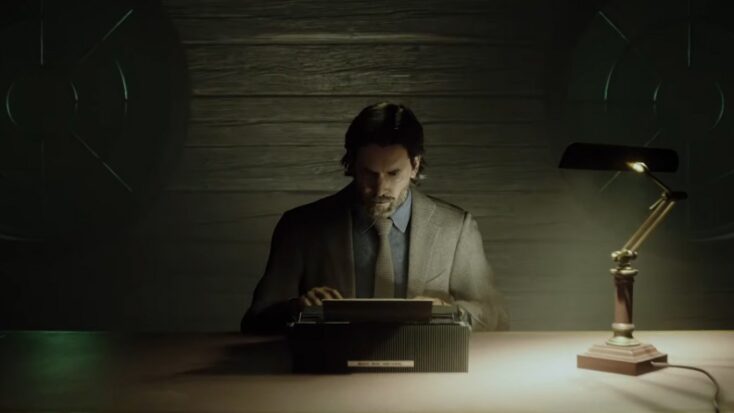
My panic is an overlap; trapped in the looping interiors of my body breaking against the surface. I have become a 26-year-old hypochondriac, convinced that I am dying. It’s recursive, to be so afraid of death the body reacts as if it actually is. And so, I’ve become obsessed with my own death, anticipating it at every turn. Panic attacks themselves are experienced as looping signals in the autonomic nervous system between nerve and spine – a loop detached from the brain, physically removed from the thoughts that could rationalize my continued survival. Recently it has come for my breath. A weight. Tightness. Pain. More cause to panic.
Alan is a writer. He spirals outward, larger, his problems systemic. He tries to write his way out, out of the spiral, but it just keeps growing with him. It’s a whole fucking city now. The dream, his paracosm. He remembers the city on an overcast fall day. Autumn is here: A chill in the air pregnant with meaning, wet puddles full of leaves, the clouds cling near. Ghosts? A reaper? Phantasms walking the streets, specters roaming the unfurling dream. I imagine each one is a trigger. The ache, the twinge, the lump that heralds my next panic. Anxiety lingers, encroaches on the edges of vision. Much of it fades when confronted. Sometimes, though, light only illuminates the detail. They reach out, grab hold, rewrite the story I thought was living, if only for the day. It’s not that some hallucinations are real. They all are, in another reality, the one the spiral sends me to.
Woolf laments the poverty of language for pain in the English language, contrasting the love-stricken student’s library with the bed-ridden invalid’s inventions: “He is forced to coin words himself, and, taking his pain in one hand, and a lump of pure sound in the other . . . so to crush them together that a brand-new word in the end drops out . . . ” So, I invent new words, call the phantasms my psychosomas. “. . . Probably it will be something laughable. For whom of English birth can take liberties with the language?”
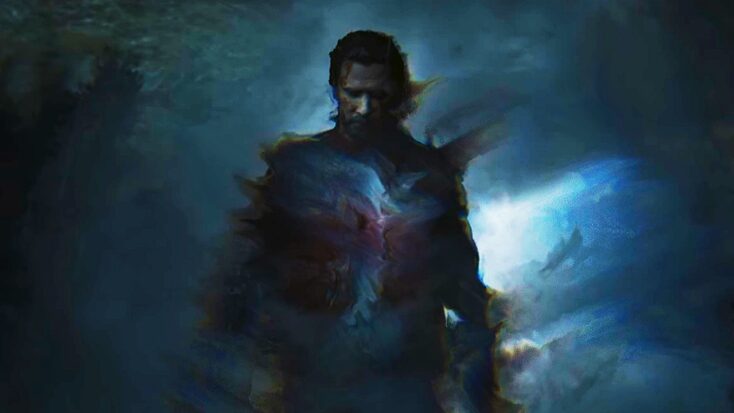
Of course, Alan doesn’t invent new words though. Alan is a writer. He relies on simile and imagery and lets the meaning get lost in translation. “The darkness spread through them like cancer,” he writes of the Taken officers. It allows him to avoid looking too closely at himself. Maybe Alan is like me. Maybe I’m like Alan. Trying to write my way out. Maybe the writing is just incidental to this compulsion, something we’re drawn to: Discursive loops something to carve with our cyclical thoughts – as each overlap is entered with a piece of art.
I talk to my therapist. Mindfulness helps. I soak my feet in hot water, feel the cold of late fall on my apartment floor. I thought anxiety was something I could get away from, when it wasn’t me yet. The wave would build for days, crashing in panic that could last hours, days, but I would return. The tension would ease with time and I could resume my life, pick back up my work and send the emails explaining my delay. But in January it came to stay; Ambient hum taking me over. Static. Hiss. Scratch.
Again, I loop.
———
Autumn Wright is an essayist. They do criticism on games and other media. Find their latest writing at @TheAutumnWright.
You’ve been reading an excerpt from Unwinnable Monthly Issue 174.
To read the article in its entirety, please purchase the issue from the shop or sign up for a subscription to Unwinnable Monthly!

